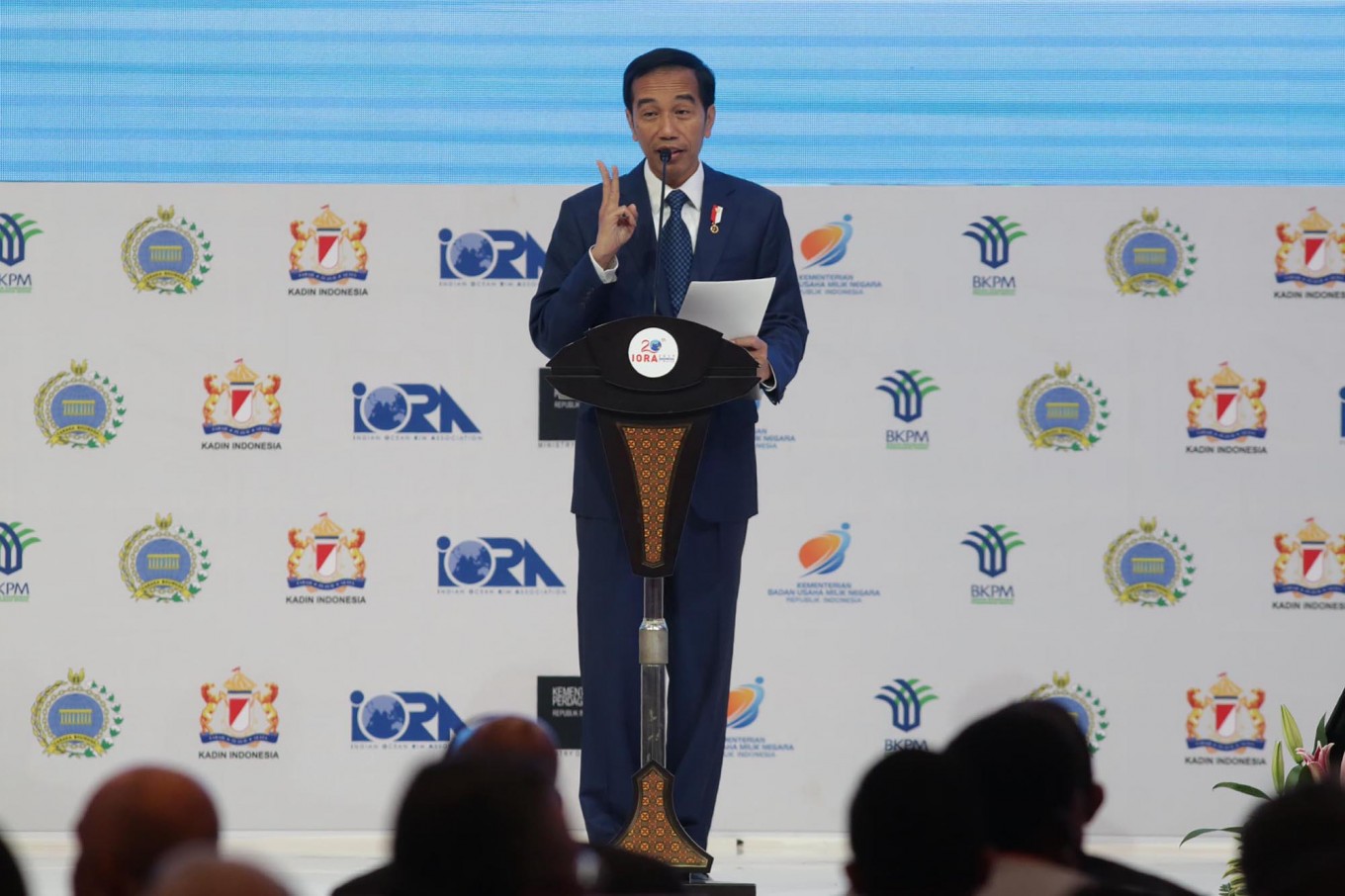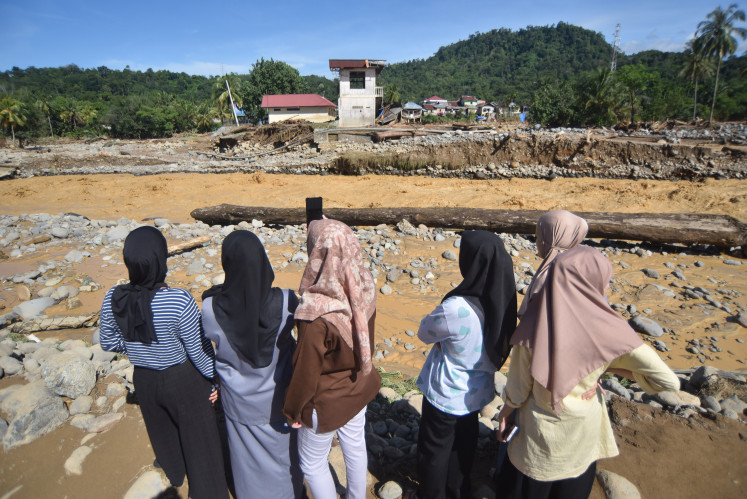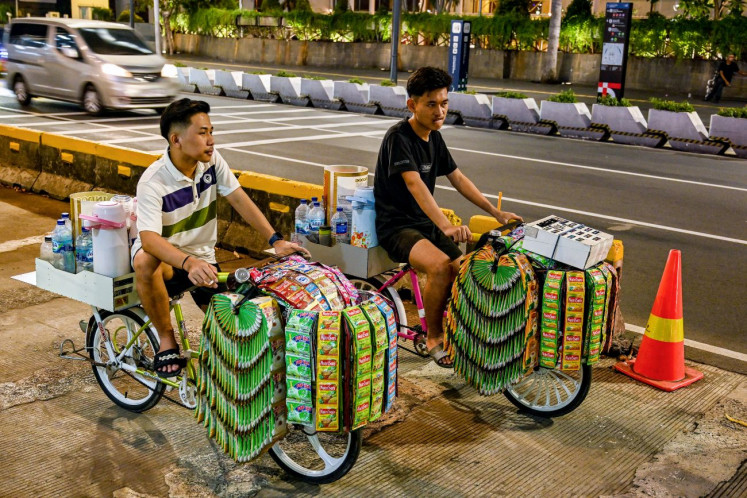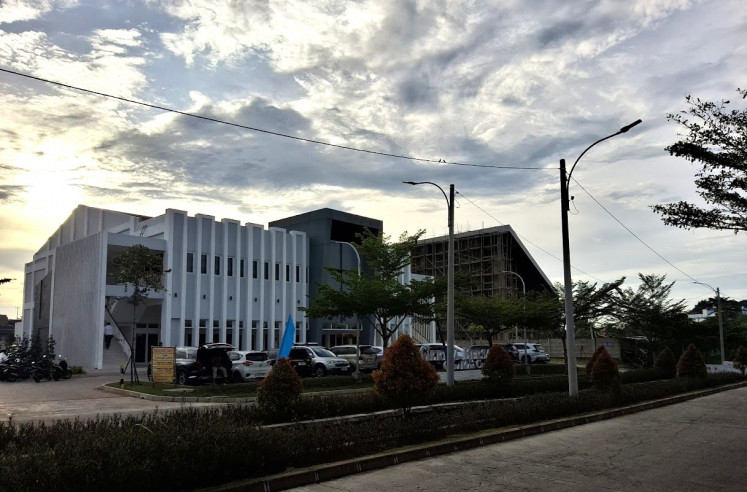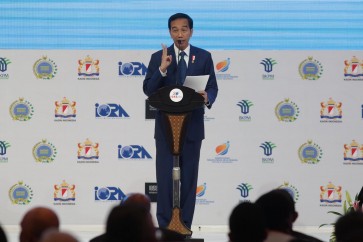Popular Reads
Top Results
Can't find what you're looking for?
View all search resultsPopular Reads
Top Results
Can't find what you're looking for?
View all search resultsIndonesia's chairmanship and future of Indian Ocean
Indonesia aims to produce three key outcome documents that will define the IORA’s vision for the future: the IORA Concord, the IORA Action Plan and the IORA Declaration on Countering Violent Extremism leading to Terrorism.
Change text size
Gift Premium Articles
to Anyone
J
akarta once again is playing host to foreign leaders as it welcomes more than 16 heads of government/state for the inaugural Indian Ocean Rim Association (IORA) Leaders’ Summit. Under the theme of “Strengthening Maritime Cooperation for a Peaceful, Stable and Prosperous Indian Ocean,” the summit will commemorate the 20th anniversary of the IORA, marking an important milestone in the regional organization’s development.
Aside from holding the first ever gathering among the leaders of the IORA’s 21 member countries, the current chair Indonesia aims to produce three key outcome documents that will define the IORA’s vision for the future: the IORA Concord, the IORA Action Plan and the IORA Declaration on Countering Violent Extremism leading to Terrorism.
While these gatherings often produce such documents, Jakarta’s effort should not be underestimated. The IORA Concord is expected to provide a platform to boost regional economic partnerships and provide a code of conduct to address common problems in the world’s third-largest ocean. For a regional organization that has been described as underdeveloped and underutilized, the move toward greater regionalism should be applauded.
Meanwhile the IORA Declaration on Countering Violent Extremism leading to Terrorism will mark a significant departure from its previous narrow focus on economic issues. IORA’s stated objectives as outlined in its charter are all economic-related, such as the promotion of sustained growth and balanced development, to focus on areas of economic cooperation, and to explore all possibilities and avenues for trade liberalization, among others.
Proposals for an APEC-style IORA Business Travel Card and the fact that an IORA Business Summit will also be held on the sidelines of this week’s event are a testament to the economic raison d’etre of the IORA.
On the one hand this makes sense. By IORA’s own admission, its member countries are considerably diverse bringing together regional powers such as Australia, India and Indonesia, small island nations such as Comoros and Seychelles, and conflict-torn countries such as Somalia and Yemen.
While the Indian Ocean is said to be the commonality that binds together this diverse group, IORA’s reference to the many centuries in which “explorers, pilgrims, fishermen, traders and merchants have traversed the Indian Ocean” makes it clear that economic activities are what really unites the member countries.

